ECG collaborates with POBAD to boost electric vehicle market in Ghana
- Posted on
- Comment
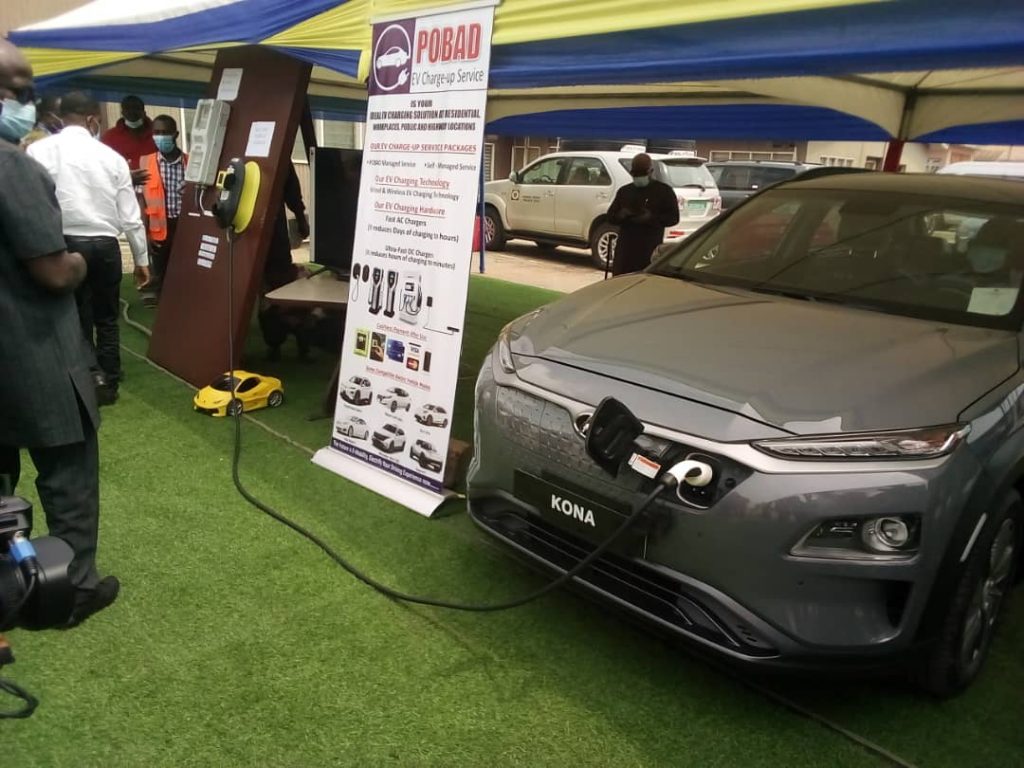
As the global push for electric vehicles (EVs) is increasing, Ghana is seeking to harness the full potential of such technology.
To this end, Ghana’s Southern electricity distribution company, ECG is collaborating with POBAD International, a wholly-owned Ghanaian technology firm, to install electric vehicle (EV) charging systems in some strategic locations across the country to enable Ghanaians who have taste for EVs and want to own one to be able to charge them.
In 2019, Ghana’s electricity regulator, Energy Commission, launched the ‘Drive Electric Initiative’ as part of efforts to promote the use of electric-powered vehicles for the transportation needs of Ghanaians.
Since the launching of the initiative, ECG started collaborating with market players to closely monitor the EV trend in Ghana in order to focus on the provision of appropriate and safe charging systems for EV users.
On Thursday, November 19, 2020, ECG, in collaboration with POBAD International, launched the EV charging system with a test run of an EV to officially add Ghana to the register of countries that are introducing the new technology in their transportation industry.
Speaking at the launching of the initiative, Managing Director of ECG, Kwame Agyeman-Budu, said his outfit had signed a Memorandum of Understanding (MoU) with POBAD International Ltd to pilot the operations of EV charging system in strategic locations in Accra over the next three months.
The pilot, he said, would afford ECG the opportunity to carry out a thorough engineering and commercial studies into the effects of the EV charging system on EC’s electricity distribution networks, the energy consumption rate of the different charging systems and any other issues.
According to him, the results from the pilot would guide all interested parties, namely automobile dealers, EV charging companies, EV users, regulators and policy makers to contribute meaningfully to the development of the EV sub-sector in Ghana.
Mr Agyeman-Budu said the EV sector provides enormous opportunities not only for ECG but also for the corporate and business community in Ghana.
“We wish to call on the Ghana Standards Authority, the Energy Commission, the Public Utilities Regulatory Commission (PURC) and other relevant bodies and institutions to work together with ECG to develop standards and regulations to guide and govern the growing EV sector in Ghana,” he said.
Managing Director of POBAD International Ltd, Paul Badoo said his outfit would also partner with the Northern Electricity Distribution Company (NEDCo) to replicate the initiative in the Northern part of the country.
So far, the company has installed two EC charging sites at the A&C Mall in East Legon, Accra, and Stanbic Heights, Airport City.
“More of these sites will be completed in 2021,” he said.
The company plans to install ultra-fast EV charging hardware which would charge electric vehicles between 15 and 30 minutes at their partner filling stations along the major highways to offer support to EV drivers when they travel between towns and other regions in Ghana.
“As we strive to serve clients’ cutting edge in Electric Vehicle charging technology, POBAD intends to install a few wireless EV charging hardware to prepare customers for the future,” Mr Badoo stated.
Touching on the payment option, he said, “Payment for the use of EV charge-up hardware will be strictly cashless using a bank credit and debit card. An authorised mobile pay Apps will be made possible when our integration with some financial service partners is completed in the near future.”
Chief Director of the Ministry of Energy, Lawrence Apaalse, who represented the sector Minister, noted that the advent of EVs in the country would help to make good the utilisation of the excess energy the country has been paying for.
He allayed the fears of those who think that electricity consumption by EVs could limit electricity supply to domestic consumption.
“Already, we have more than we need for our daily use and so filling in more demand would rather help us consume the excess we are paying for without utilising it,” he explained.
Mr Apaase commended ECG for the initiative, saying it would not only benefit individuals but also help Ghana by helping the country stay compliant with United Nations Development Goals especially Goal 7, which is about clean energy.
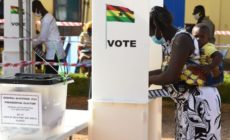
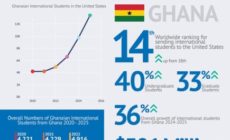
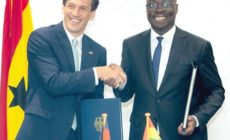
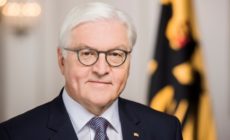






 (Selorm) |
(Selorm) |  (Nana Kwesi)
(Nana Kwesi)